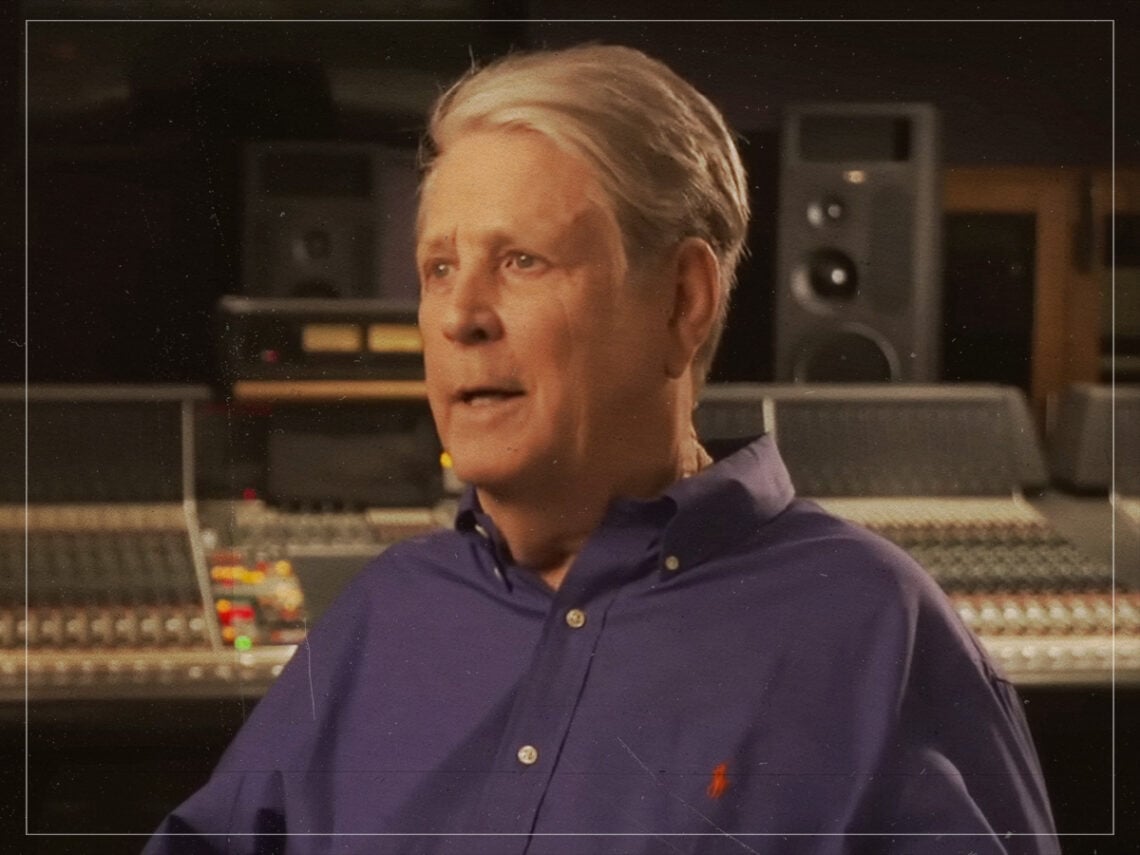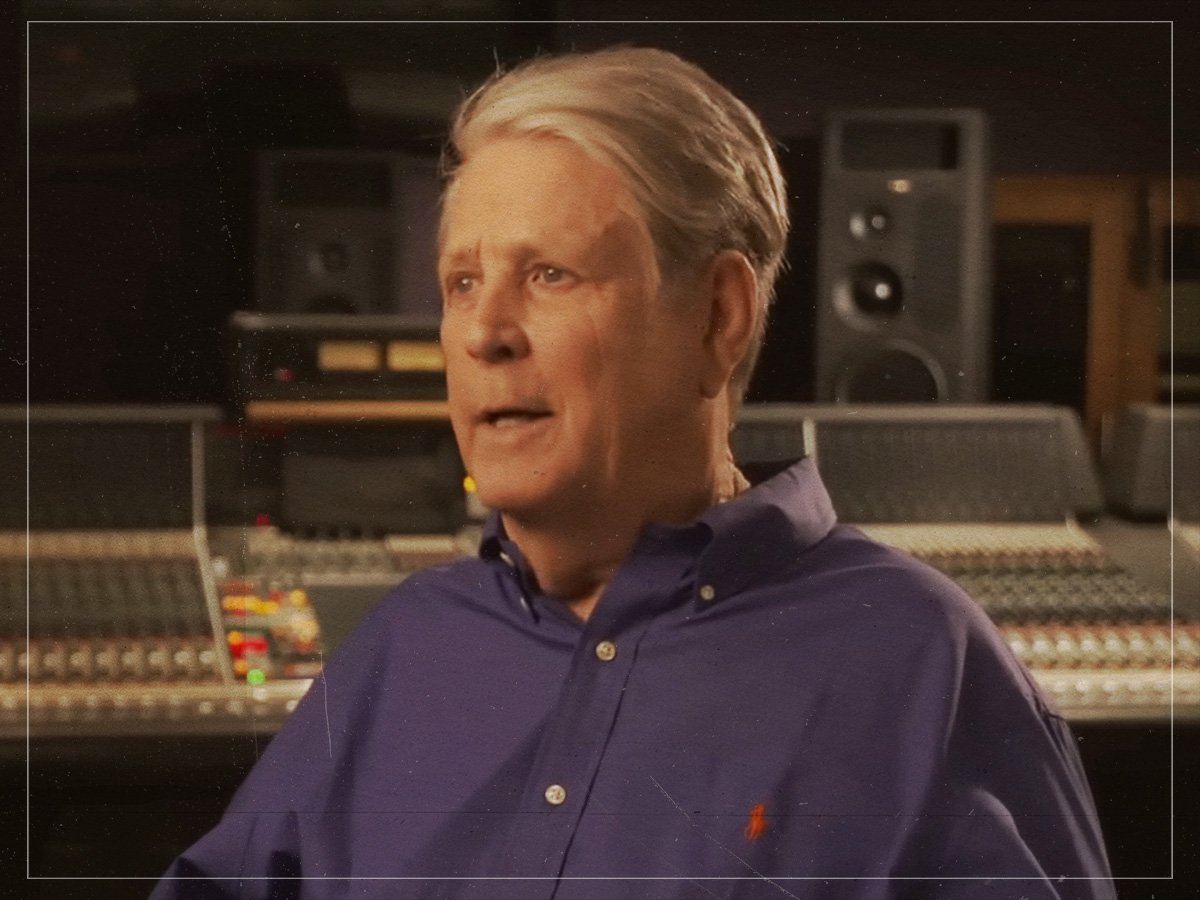
(Credits: Far Out / YouTube Still)
Wed 8 October 2025 21:15, UK
It’s always strange looking at how Brian Wilson dealt with being a rock and roll legend.
He singlehandedly changed the way that most people thought about harmony and gave sophisticated pop music a place on the charts, and yet he still carried himself like one of the most humble men in the music industry. He was simply happy knowing that a lot of people enjoyed what he did, but even he knew that there was no sense in him trying to compete with his idols.
Even if he was incredibly humble, what Wilson did on those early Beach Boys records is musically immaculate. It’s easy to look at the tracks as a more primitive version of pop music, but even if you’re not down on the surf songs and odes to classic cars, it’s hard to think of any note being out of place on any of those classic hits, either. What Wilson was doing was building classics from the ground up, but that only came from years of practice.
Granted, a lot of what Wilson did came from natural talent, but there’s almost a classical approach to the way that he came up with his melodies. If you take all of the instruments off of ‘God Only Knows’ and keep the vocals, it almost feels like a choral symphony all on its own, so it’s not out of the ordinary for him to be compared to people like Mozart. It sounds pretentious on the surface, but he was the closest thing to a classical genius as the rock world had.
But the finer forms of music were only a small part of what Wilson loved. He had kept his ears open to everyone from Elton John to The Beatles whenever working on his own music, and even when he was a kid, he was also being shaped by the music that he was hearing from Broadway shows as well.
While showtunes were far from the coolest thing in the world by rock and roll standards, it’s not out of the ordinary, either. The Beatles had toyed around with showtunes when they were cutting their teeth before making it big, and even by those standards, George Gershwin may as well have been a musical god. ‘Embraceable You’ had some of the most interesting jazzy chord changes from the time, and there’s no way that anyone that has come anywhere close to a theatre hasn’t heard at least one version of ‘Summertime’.
Wilson was always in awe of what Gershwin could do, but even when working out pieces of his material for a covers record, he knew that there was no point in trying to keep up with him, saying, “His music is so uplifting. I wouldn’t do this for anybody but Gershwin. He the greater, me the lesser. I can never be as good as George, but I can emulate him and present him to the new generation.”
Sure, there are a few passages from his tunes that feel like they are ripped straight out of a retro Disney movie, but that shouldn’t be considered a diss, either. Those complex chord changes are usually only reserved for pop singers like Adele in this day and age, but the reason why they work so well is because of how unexpected they are. In a world full of three or four-chord pop songs, there’s a lot of drama in listening to those jazzy chords adding texture to whatever song they’re in.
There’s a good chance that Wilson took a lot of his first musical lessons from people like Gershwin, but he may be selling himself short by saying he could never reach him. You can chalk it up to Wilson’s neverending humility, but what he did for the pop world is on par with what Gershwin brought to every theatre production.
Related Topics
